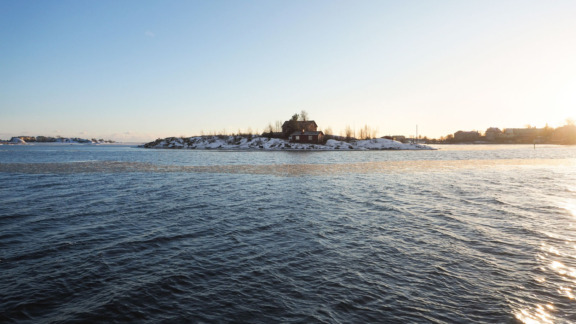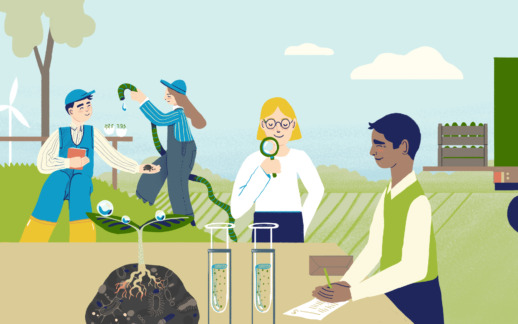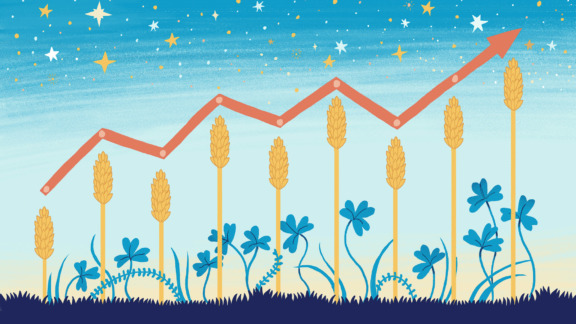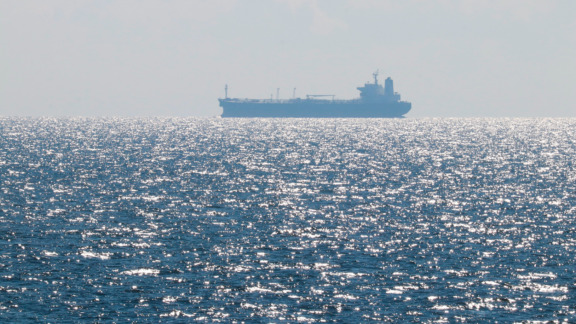PRESS RELEASE: The UN Ocean Conference with Finnish Flare

BALTIC SEA ACTION GROUP’S COMMITMENT TO THE UN IS TO CONCENTRATE ON NUTRIENT CYCLING AND CARBON BINDING IN SOIL.
Baltic Sea Action Group has been collecting commitments to the Baltic Sea from other actors since 2008. Now the foundation has made its own commitment to the world’s oceans at the UN Ocean Conference in New York. The commitment concentrates on actions aimed at tackling eutrophication and climate change. Nutrient cycling and binding carbon in the soil are actions that enhance sustainable food production and have positive effects on climate change, as well as on the ecological state of the Baltic Sea.
The first Ocean Conference organized by the UN started in New York on Monday. The conference lasts five days and concentrates on finding solutions to the deteriorating state of the world’s oceans. One method is to collect voluntary commitments aimed at improving the ecological state of the oceans. The number of commitments, thus far, is 600, and that number is increasing.
Similar commitments were collected on behalf of the Baltic Sea at the Baltic Sea Action Summit (BSAS) in Feburary, 2010. Baltic Sea Action Group was one of the three organizers of the BSAS, and it continues to collect commitments, as well as to monitor their progress.
“The ecological state of the Baltic Sea is closely linked to climate change, since, i.e., an increase in precipitation increases nutrient loading in bodies of water, which, in turn, increases eutrophication. We have finally realized that the method to mitigate eutrophication and climate change is one and the same,” says BSAG’s Secretary General Mathias Bergman.
“Nutrient cycling, improvement of soil structure, and binding carbon in soil address these global problems. Therefore, we wanted to concentrate on them in our commitment to the UN,” continues Bergman.
“There has been cooperation aimed at improving the ecological state of the Baltic Sea in the Baltic Sea Region for over 40 years. All the riparian countries are members of HELCOM, Baltic Marine Environment Protection Commission, founded in 1974. We have a wealth of information regarding the best methods and ways to cooperate in order to save the oceans,” says Environment Counsellor Maria Laamanen of HelCom.
“Eutrophication, the most severe threat to the Baltic Sea, is a threat elsewhere, as well. For example, the Bay of Mexico and the Yellow Sea have similar problems with hypoxia and dead zones in the sea bottom,” says Mathias Bergman. “As nutrient cycling becomes a profitable business, valuable nutrients will not be wasted or allowed to leak into the waters,” he continues.
The Finnish delegation will also be hosting its own events during the conference in order to present the existing solutions to others. BSAG’s side event on Wednesday, June 7, centers around a nutrient cycling business ecosystem called the Raki-Ecosystem. It is a new, business-friendly approach boasting nearly 50 members. Two members – Outotec and HSY – the Helsinki Region Environmental Services Authority — will be presenting their solutions at the event.
The UN Ocean Conference will be bringing together governments, intergovernmental organizations, international financial institutions, non-governmental organizations, civil society organizations, academic institutions the scientific community, the private sector, philanthropic organizations, and other actors. The Finnish delegation is led by Dr. Hannele Pokka, the Secretary General of the Ministry of the Environment in Finland.
The conference can be followed: http://webtv.un.org
The website of the conference: https://oceanconference.un.org
BSAG’s commitment to the UN: ttps://oceanconference.un.org/commitments/?id=18085
More information
Mathias Bergman, Secretary General, Baltic Sea Action Group, mathias.bergman@bsag.fi, +358 50 30 7155
Pieta Jarva, Communication Manager, Baltic Sea Action Group, pieta.jarva@bsag.fi, +358 50 3381096.



